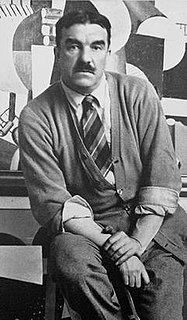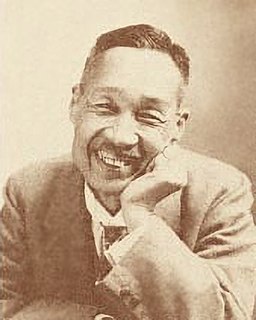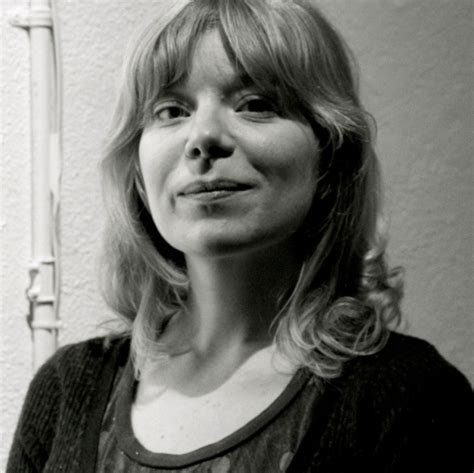A Quote by Jerry Saltz
Put yourself in the position of an up-and-coming artist living in early-sixteenth-century Italy. Now imagine trying to distinguish yourself from the other artists living in your town: Michelangelo, Raphael, Leonardo, or Titian. Is it any wonder that the Italian High Renaissance lasted only 30 years?
Related Quotes
The feat of superbly imitating a muscle, as Michelangelo did, or a face, as Raphael did, created neither progress nor a hierarchy in art. Because these artists of the sixteenth century imitated human forms, they were not superior to the artists of the high periods of Egyptian, Chaldean, Indochinese, Roman, and Gothic art who interpreted and stylized form but did not imitate it.
I have been interested in the 12th century since my 20s when it was very fashionable to say of anybody with whom you disagreed, which was basically anybody over the age of 30, "One of the great minds of the 12th century", and one day I thought, "I don't know anything about the 12 century." So I started buying books, reading about it, and I discovered it was a period of great flowering, it was a Renaissance before what we think is the Renaissance, the Italian Renaissance of the 16th century.
Take a good look at your life right now. If you don't like something about it, close your eyes and imagine the life you want. Now allow yourself to focus your inner eye on the person you would be if you were living this preferred life. Notice the differences in how you behave and present yourself; allow yourself to spend several seconds breathing in the new image, expanding your energy into this.
Identify the problem.”)
I love the late Japanese psychotherapist Shoma Morita's advice to stop trying to fix yourself and start living instead: “Give up on yourself. Begin taking action now, while being neurotic or imperfect, or a procrastinator, or unhealthy, or lazy, or any other label by which you inaccurately describe yourself. Go ahead and be the best imperfect person you can be and get started on those things you want to accomplish before you die.
I was a West Hollywood and Laurel Canyon girl for years, and it was so central that I felt like we'd moved to Portland when we came to Malibu, but now I can't imagine living anywhere else. We have the best of all worlds, hilltop living, 15 minutes from town, with the beach at the bottom of the road.
And, because my role in society - or any artist or poet's role - is to try to express what we all feel. Not to tell people how to feel, not as a preacher, not as a leader, but as a reflection of us all. And it's like that's the job of the artist in society, not to...they're not some alienated being living on the outskirts of town. It's fine to live on the outskirts of town, but artists must reflect what we all are. … If that's taken it too much on meself, I feel that artists are that - they're reflections of society... Mirrors.
This country is going - be living better ten years from now than it is now. It will be living better in 20 years from now than ten years from now. The ingredients that made this country, you know, the miracle of the world - I mean we had a seven for one improvement in the average American standard of living in the 20th century.
Never lose yourself on the stage. Always act in your own person, as an artist. The moment you lose yourself on the stage marks the departure from truly living your part and the beginning of exaggerated false acting. Therefore, no matter how much you act, how many parts you take, you should never allow yourself any exception to the rule of using your own feelings. To break that rule is the equivalent of killing the person you are portraying, because you deprive him of a palpitating, living, human soul, which is the real source of life for a part.
When you’re living by default, you’re automatically reacting to life in habitual ways, many of which may be limiting you and your life. In contrast, living deliberately means making more conscious and constructive life choices. When you’re living deliberately, you’re living from a position of responsibility; you’re making choices with greater awareness. You’re taken yourself off autopilot, so you’re better prepared to align your actions with the results you want to achieve.




































